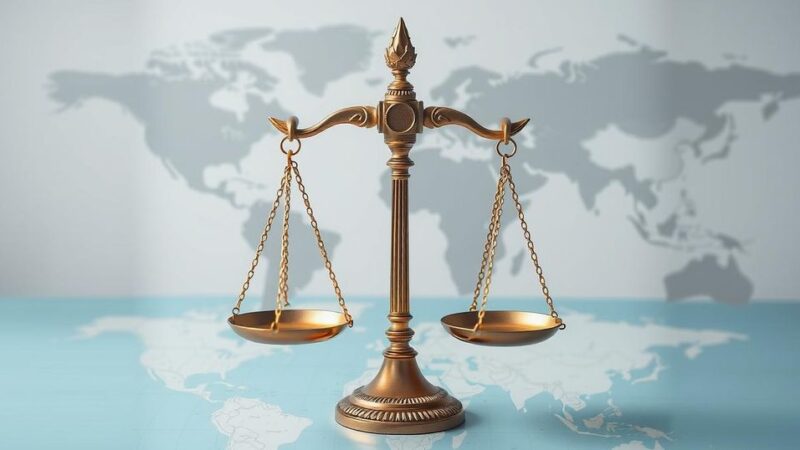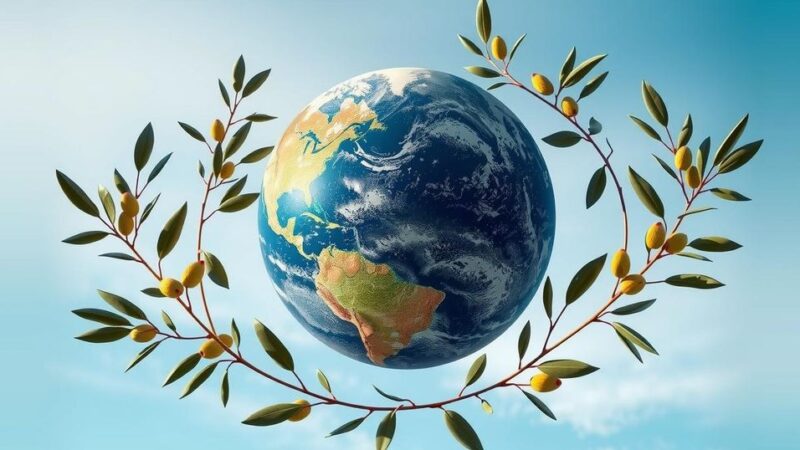The South Sudanese government has banned social media for at least 30 days following a massacre. This directive is criticized as an overreach that infringes on citizens’ freedoms, impedes the right to expression and access to information. The ban compromises both national laws and international obligations, raising alarms about democracy and transparency in South Sudan.
The recent directive by the National Communication Authorities of South Sudan to indefinitely shut down social media for at least 30 days, effective January 22, 2025, raises significant concerns about civil liberties within the country. While the government claims this action pertains to national security following a massacre in Wad Madani, it infringes upon essential freedoms, particularly the freedom of expression and access to information.
The initiative not only stifles public discourse but also hinders citizens’ ability to comprehend ongoing events and engage meaningfully with one another during a crucial time of mourning. This blanket restriction contrasts sharply with democratic values and suggests a worrying retreat from transparency. Citizens are left without vital platforms to express grief or advocate for justice, impairing their essential rights as guaranteed by both national and international laws.
Indeed, the right to freedom of expression, enshrined in South Sudan’s Transitional Constitution, is compromised by these measures. By obstructing social media, the government not only breaches these constitutional safeguards but also neglects its international obligations under agreements like the ICCPR and the ACHPR, which protect the freedom to seek and share information.
The tragedy in Wad Madani should compel the government to pursue accountability and justice, rather than resorting to such drastic actions that deepen frustration among its citizenry. A more prudent strategy would be fostering open communication to restore trust and allow citizens to voice their concerns and demands freely.
In light of these circumstances, I urge the South Sudanese government to immediately lift the ban on social media. The restoration of these communication channels allows for transparency, helping to combat misinformation and to ensure the citizens’ rights are respected. Ultimately, this will promote healing and resilience within the community following the recent tragedy.
James Bidal advocates for human rights and can be contacted via email at [email protected]. This opinion reflects solely his views and does not represent the positions of Radio Tamazuj.
The directive issued by the National Communication Authorities of South Sudan has sparked widespread alarm regarding potential violations of civil liberties amid a national tragedy. Following a massacre of South Sudanese nationals in Wad Madani, government officials have opted for a blanket social media shutdown under the pretext of national security, prompting debates on the balance between safety and fundamental constitutional rights.
In conclusion, blocking social media in South Sudan is not an effective means of addressing the underlying issues resulting from the Wad Madani tragedy. It instead jeopardizes the democratic rights of citizens and the government’s accountability. The call to restore social media access emphasizes the necessity for transparent communication and the upholding of human rights in the face of national grief.
Original Source: www.radiotamazuj.org







